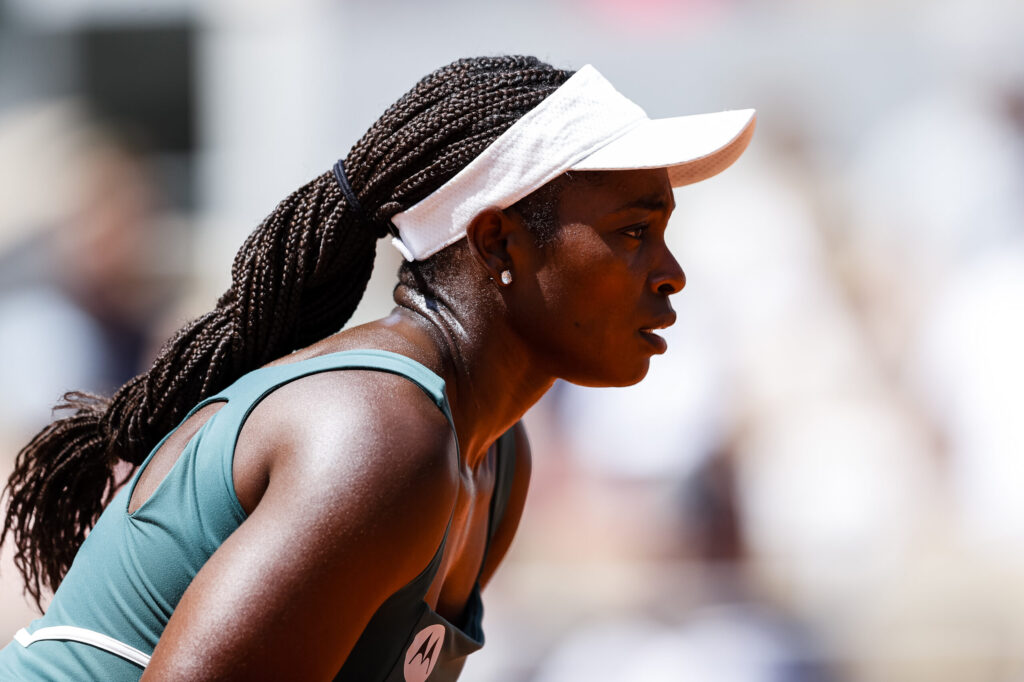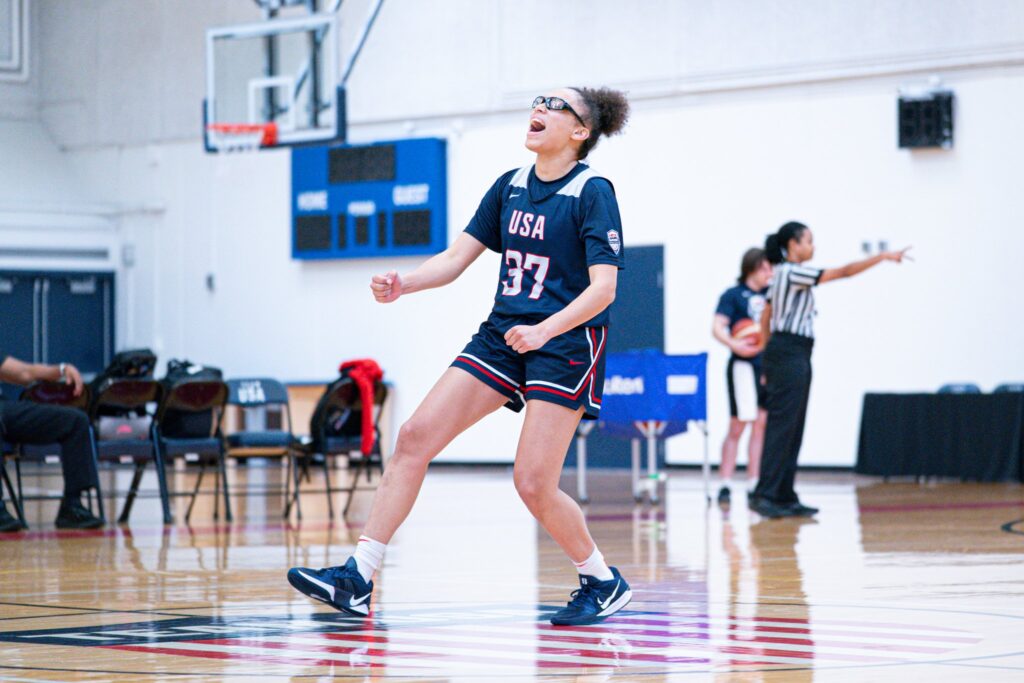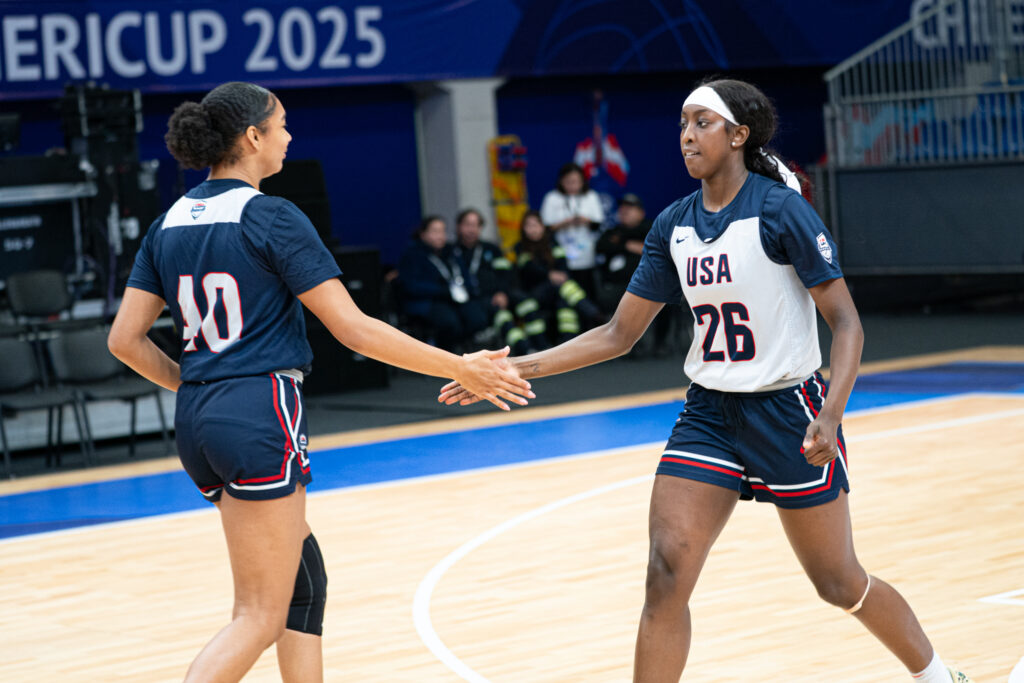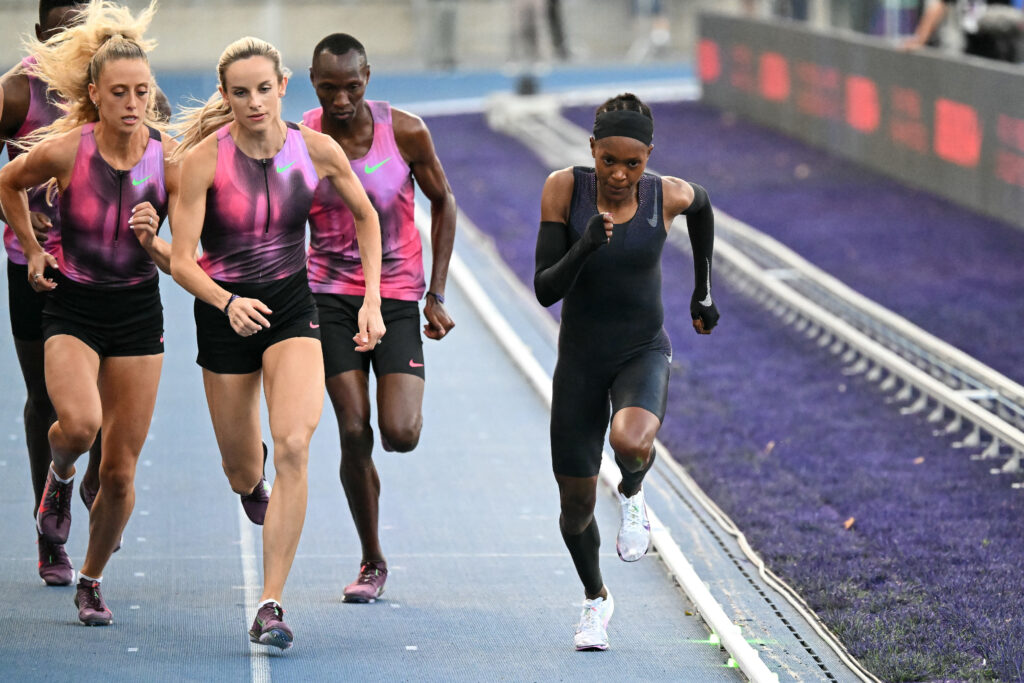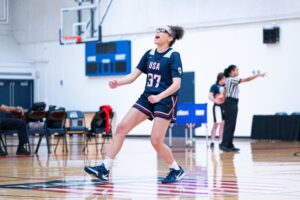U.S. tennis player Sloane Stephens believes racist abuse directed toward athletes is getting worse, particularly online, she said after her first-round win Monday at the French Open.
Such racism is something she has had to deal with throughout her career, the former U.S. Open champion said following her 6-0, 6-4 victory over Karolina Pliskova.
“Yes, it’s obviously been a problem my entire career,” Stephens said. “It has never stopped. If anything, it’s only gotten worse.”
Players at the French Open have access to an online tool designed to block harassment and hate speech, but Stephens has not used it. She does block certain key words on Instagram and take other measures to protect herself, but even still, abuse slips through the cracks, she said.
The French Open is the first of the four Grand Slams to introduce the tool. French Tennis Federation CEO Caroline Flaissier said players’ mental health is a “priority” for the tournament.
Following the US Open in 2021, Stephens also spoke out about the abusive social media messages that she receives, noting that the hate was “exhausting and never ending.”
Stephens isn’t the only player who has had to deal with harassment in her sport. Last year, Naomi Osaka was the subject of heckling at Indian Wells. Both Serena and Venus Williams boycotted the tournament beginning in 2001 over racial abuse and heckling, then abstained from the tournament for 14 years.
“To be honest, I’ve been heckled before, it doesn’t really bother me, but being heckled here, I watched a video of Venus and Serena getting heckled here, if you’ve never watched it you should watch it, and I don’t know why, but it got into my head and it got replayed a lot,” Osaka said at the time.
In 2021, the FBI was present at the tournament to monitor social media abuse.
According to Stephens, the abuse online has reached the point in the United States where the FBI is investigating allegations, although she did not specify a case.
“I mean, obviously when there is FBI investigations going on with what people are saying to you online, it’s very serious,” she said. “Obviously it’s been something that I have dealt with my whole career. I think that, like I said, it’s only continued to get worse, and people online have the free rein to say and do whatever they want behind fake pages, which is obviously very troublesome.
“It’s something I have had to deal with my whole career and something I will continue to deal with, I’m sure. That’s that.”
